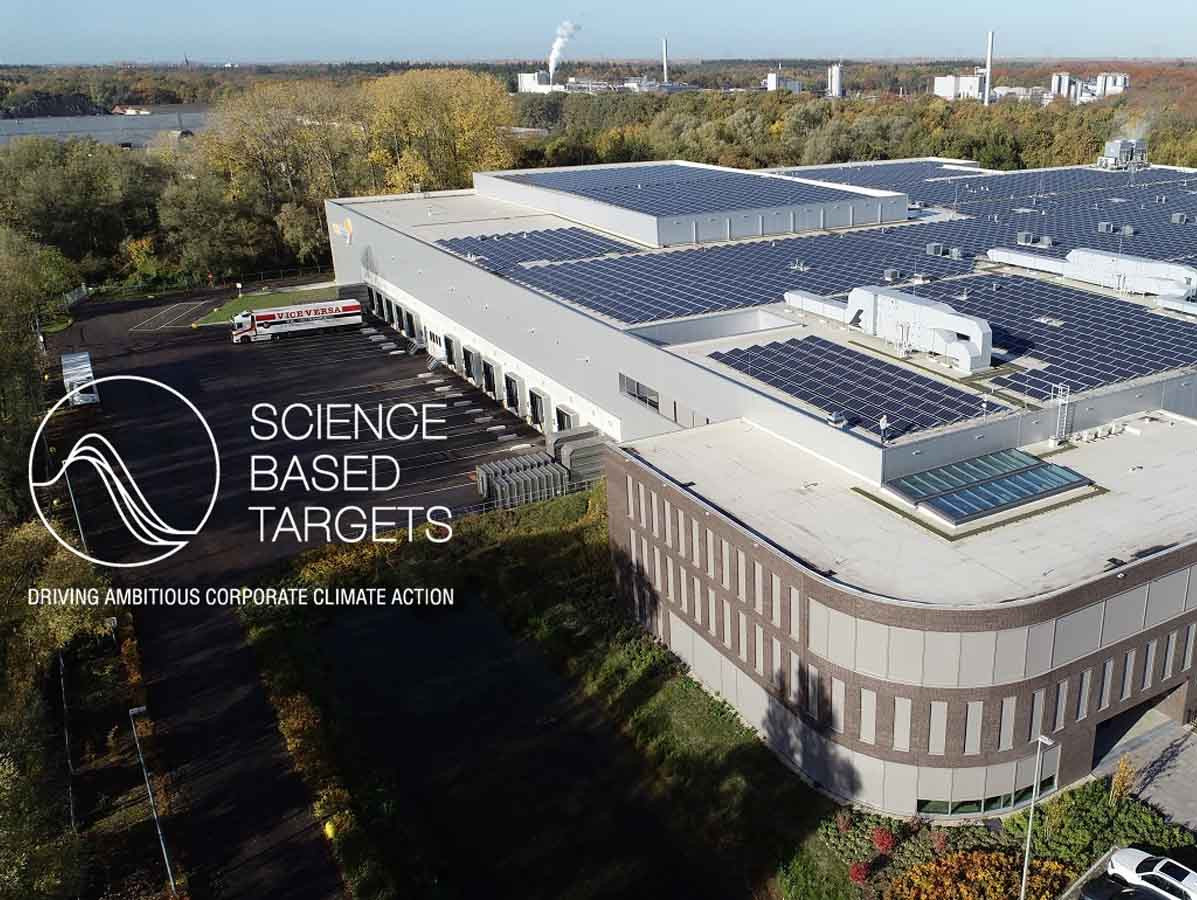
Van Loon Group has reached a significant milestone in its sustainability initiatives. The Science Based Targets initiative (SBTi) has validated and approved their CO2 reduction goals for 2030. This marks a major step for the company in meeting the Paris Climate Agreement's aim to limit global warming to a maximum of 1.5°C.
As a supply chain director, Van Loon Group takes a pioneering role in the pursuit of sustainability. Their ambition extends beyond their own operations; they work closely with supply chain partners to keep sustainable meat products and convenience foods accessible to everyone. This underscores the importance of collaboration and innovation within the industry.
Roland van Loon, CTO of the company, highlights Van Loon Group's long history in producing quality meat products and convenience foods. Since 2010, there has been a clear focus on reporting and reducing both direct and indirect CO₂ emissions. The company aims to reduce its absolute emissions by 66% by 2030 compared to 2019. This is achieved by investing in sustainability across various business processes, such as waste management, transport, and the use of renewable energy.
Van Loon Group is committed not only to reducing emissions within its own company but also to decreasing greenhouse gas emissions across the entire value chain. These include the so-called scope 3 emissions, which fall outside the company's direct influence.
CEO Robert van Ballegooijen acknowledges the role of meat in a balanced diet and emphasizes the importance of nutrients such as iron and vitamins. At the same time, Van Loon Group contributes to the protein transition, where part of the meat raw materials are replaced with plant-based alternatives. This aligns with the company's vision to meet the growing consumer demand for sustainable, nutritious, and affordable products.
Source: Van Loon Group